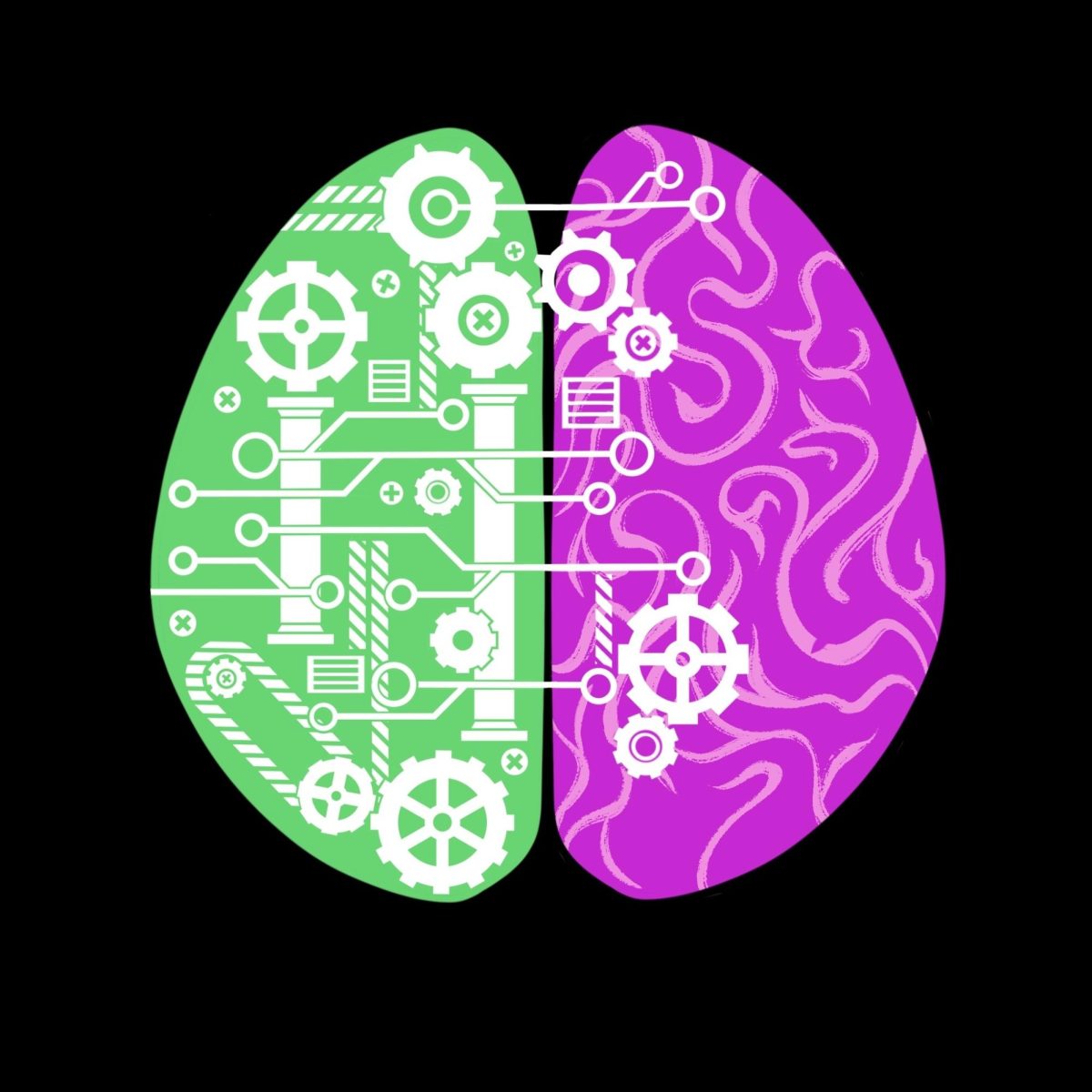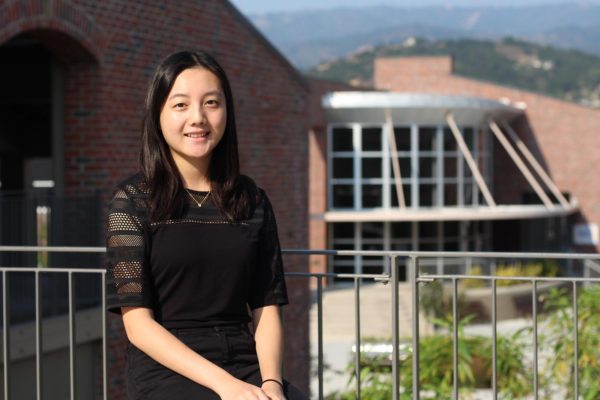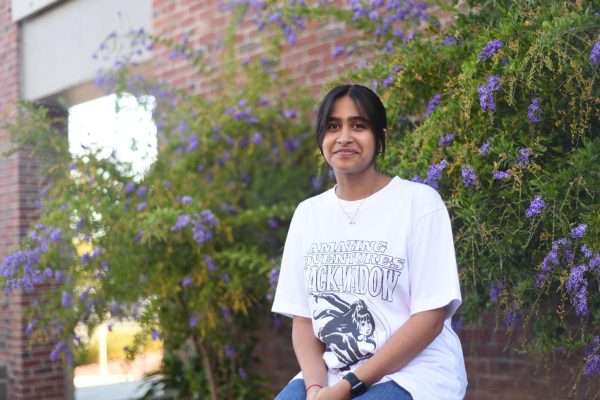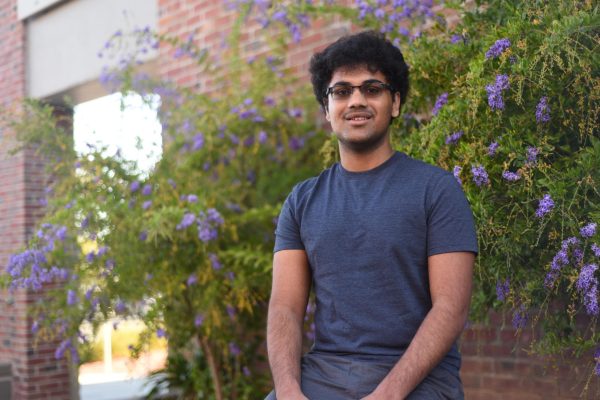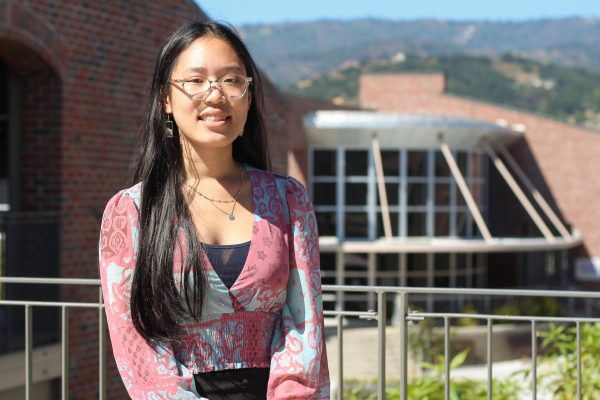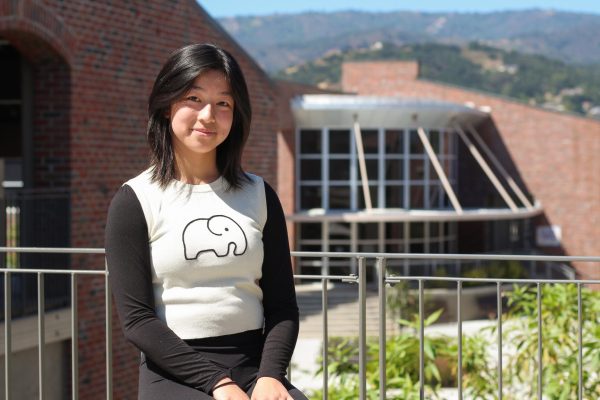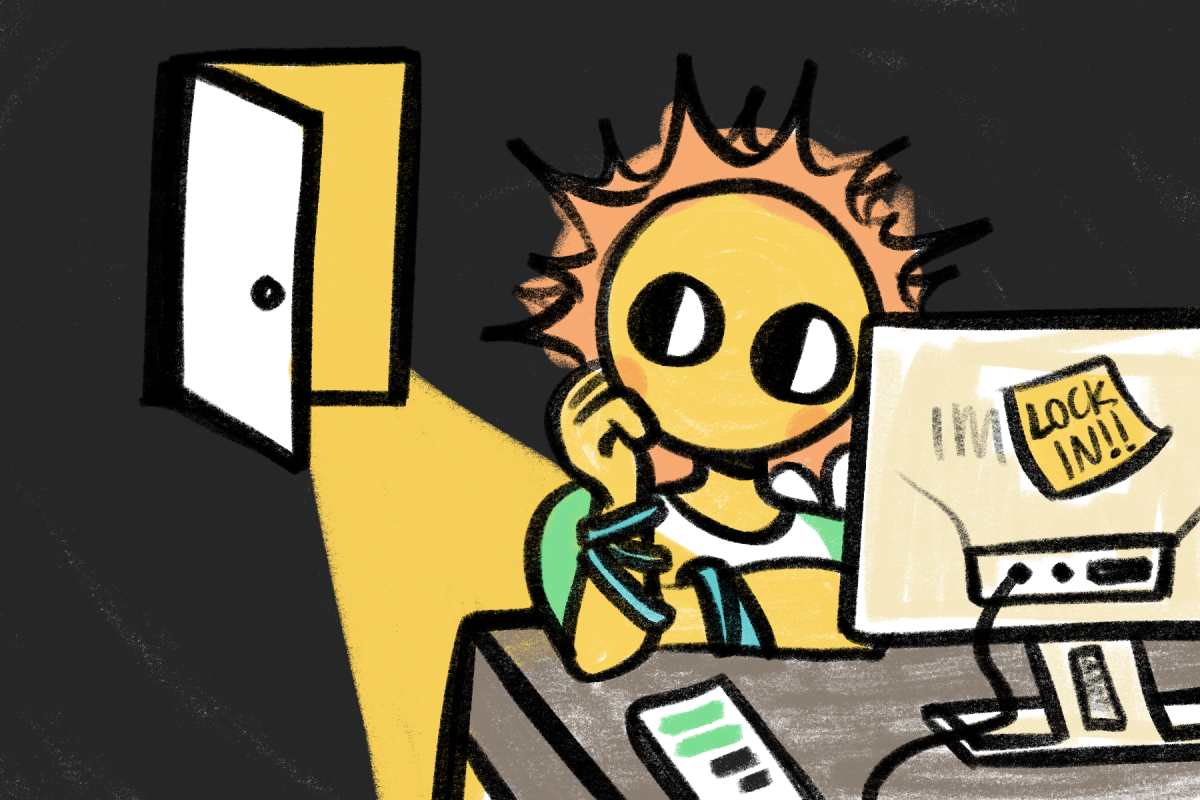Since its release on Nov. 30, 2022, the artificial intelligence tool known as ChatGPT has become widely recognized for its ability to write essays and answer prompts. In order to hold human-like conversations and provide detailed answers to inquiries, ChatGPT has been trained to process large data collections and generate a relevant response. However, its potential to perpetuate gender and cultural biases, spread misinformation and be used as a cheating device by students has prompted schools to reconsider the role of artificial intelligence in education.
FUHSD English Department Lead and MVHS Journalism Adviser Julia Satterthwaite is concerned about students using AI to write essays and complete assignments. After listening to one of her students give a presentation about how to utilize AI responsibly as a journalist last November, Satterthwaite wanted to understand what AI-generated writing sounded like and entered various English essay prompts into ChatGPT.
“English teachers were very nervous at first, but once they saw the essays, they’re like, ‘These are kind of bad. These wouldn’t earn above a C,’” Satterthwaite said. “They were less concerned once they saw what it does but also plan to tweak their assignments to make them less [prone to] ChatGPT or any other AI by including things like processing current events that have just happened [or] connecting to your personal life.”
Sophomore Raymond Feng agrees that the platform does not generate high-quality writing. He mentions that while ChatGPT’s explanations are often very lengthy, they can be inaccurate, leading the software to spread misinformation. Having used AI software before to brainstorm synonyms, Feng recognizes the convenience of using ChatGPT to do schoolwork, among other things, but emphasizes the importance of relying on one’s own work.
“I think it might get out of control because if you learn how to use AI, and you just use the AI to help you write, then you’re not really putting in the effort yourself — you’re not really growing [as a writer],” Feng said. “You might learn how to manipulate [ChatGPT] to do what you want it to do, but I think if you learn to write it by yourself, it would be a lot more educational than learning how to use ChatGPT and having it do work for you.”
To combat the misuse of AI tools, FUHSD is currently implementing several solutions. One is an AI Taskforce, which will provide resources for establishing AI policies and to help teachers determine the extent of AI usage in the classroom. In addition, some teachers have altered assignment formats to make it more difficult for students to cheat using AI. Satterthwaite explains that for El Estoque, she created a new policy where plagiarism, which includes using any form of AI to help write a story, will automatically result in half credit for said assignment, which is an F, but through the Grading for Equity practice focused on Accuracy, would be entered as a 50%. However, she notes that each teacher will have varying AI policies.
“I think every teacher needs [an AI policy], and there will be a whole gamut of teacher policies where some people will say, ‘This is a good time to use it,’ and then other teachers will say ‘Never, ever, ever,’” Satterthwaite said. “So it’s sort of like cell phones. Some teachers are like, ‘You can have your cell phone on, it doesn’t really matter.’ And then other teachers are like, ‘If I see it, I will take it and if I see it again, I will write you up.’ So teachers have different approaches.”
Despite the potential drawbacks to using AI in schools, Feng believes that AI can potentially be useful in advancing fields such as computer programming. Lynbrook High School Associate Principal Yukari Salazar adds that AI can also be a resource for certain classes, such as ELD courses.
“[AI] might help close some gaps,” Salazar said. “For example, a student who has never written an essay before in English may be able to use ChatGPT to do an outline. So why can’t we teach that as a tool? And then from there shift our focus [to] teaching how [to] put your own voice to it.”
Satterthwaite says the district is still in the process of exploring potential uses and restrictions of AI technology but stresses the importance of creating an effective teaching curriculum regardless.
“Moving forward, there’s a lot of unknowns,” Satterthwaite said. “We don’t actually know how this is going to continue to impact our educational process. But our goal is to continue to teach kids to be critical thinkers and to think for themselves.”










